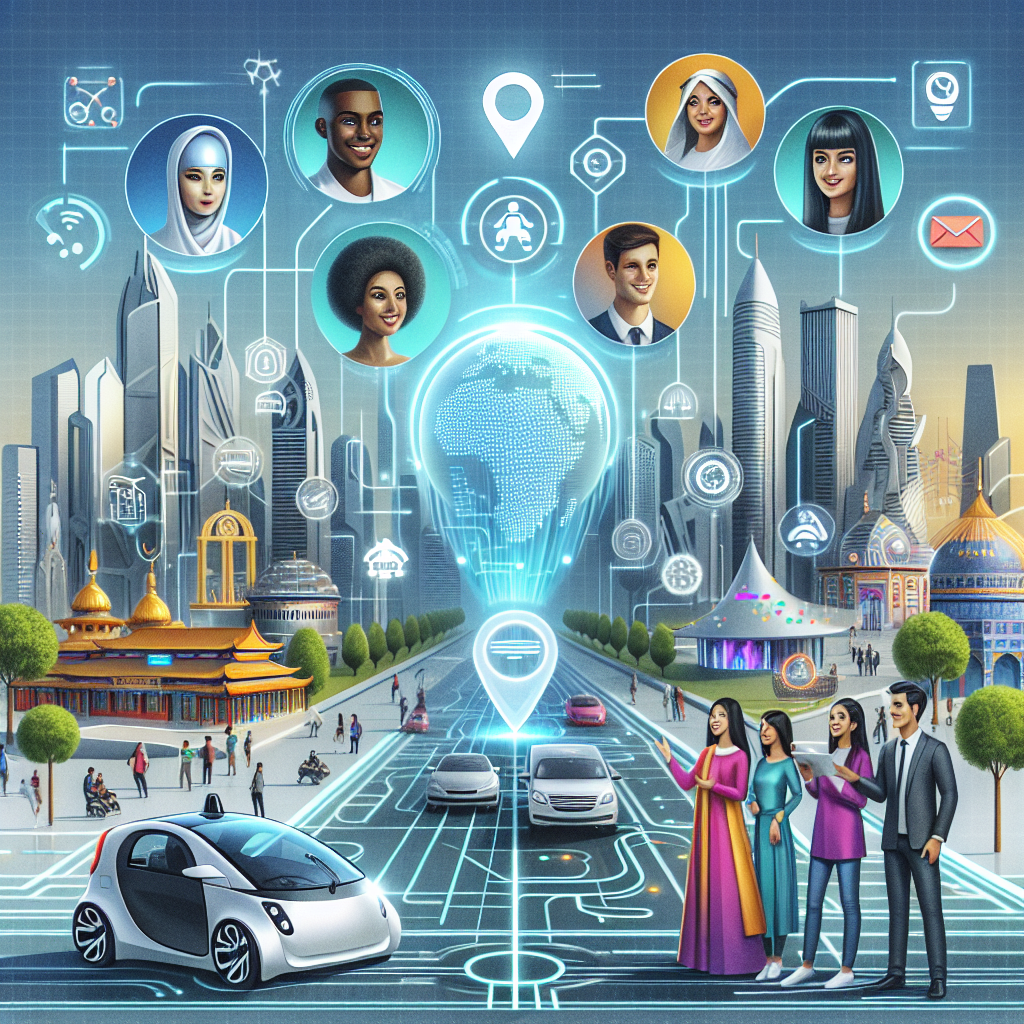The travel and tourism industry has always been a significant part of the global economy, contributing to job creation, economic growth, and cultural exchange. As technology continues to advance, artificial intelligence (AI) is playing an increasingly vital role in revolutionizing the way we travel and experience new destinations.
AI-driven solutions are transforming the travel and tourism industry in a variety of ways, from personalized recommendations and enhanced customer service to streamlined operations and improved safety measures. By harnessing the power of AI, companies in the travel sector can better understand their customers, predict trends, and optimize their services to meet the needs and preferences of today’s travelers.
One of the key ways AI is revolutionizing travel and tourism is through personalized recommendations. AI algorithms can analyze vast amounts of data, such as travel preferences, past booking history, and online behavior, to create customized travel experiences for individual customers. This level of personalization can help travelers discover new destinations, find the best deals, and plan their trips more efficiently.
For example, online travel agencies and booking platforms are using AI to recommend personalized travel itineraries based on a traveler’s interests, budget, and travel dates. By analyzing data from past bookings and customer reviews, AI can suggest tailored recommendations for accommodations, activities, and dining options that align with a traveler’s preferences.
In addition to personalized recommendations, AI is also revolutionizing customer service in the travel industry. Chatbots powered by AI can provide instant responses to customer inquiries, assist with booking and reservations, and offer personalized recommendations based on a traveler’s preferences. By leveraging natural language processing and machine learning algorithms, chatbots can engage with customers in real-time, providing a seamless and efficient customer service experience.
Furthermore, AI-driven solutions are helping companies in the travel sector streamline their operations and improve efficiency. For example, airlines are using AI algorithms to optimize flight schedules, predict maintenance needs, and manage crew assignments more effectively. By analyzing historical data and real-time information, AI can help airlines reduce delays, improve on-time performance, and enhance the overall customer experience.
Moreover, AI is revolutionizing the way travelers experience destinations by providing real-time insights and personalized recommendations. For instance, AI-powered virtual assistants can guide travelers through a destination, offering suggestions for attractions, restaurants, and activities based on their preferences and interests. By leveraging location-based data and machine learning algorithms, virtual assistants can enhance the travel experience and help travelers discover hidden gems in a destination.
AI-driven solutions are also transforming safety measures in the travel and tourism industry. For example, airports are using AI-powered security systems to identify potential threats, detect suspicious behavior, and enhance passenger screening processes. By analyzing data from security cameras, sensors, and other sources, AI can help airports improve security protocols, reduce risks, and ensure the safety of travelers and staff.
Overall, AI-driven solutions are revolutionizing the travel and tourism industry by providing personalized recommendations, enhancing customer service, streamlining operations, and improving safety measures. As technology continues to advance, companies in the travel sector must embrace AI to stay competitive, meet the evolving needs of travelers, and deliver exceptional experiences.
FAQs:
Q: How is AI revolutionizing the travel and tourism industry?
A: AI is revolutionizing the travel and tourism industry by providing personalized recommendations, enhancing customer service, streamlining operations, and improving safety measures. By leveraging AI algorithms, companies in the travel sector can better understand their customers, predict trends, and optimize their services to meet the needs and preferences of today’s travelers.
Q: How are AI-driven solutions transforming customer service in the travel industry?
A: AI-driven solutions are transforming customer service in the travel industry by providing instant responses to customer inquiries, assisting with booking and reservations, and offering personalized recommendations based on a traveler’s preferences. Chatbots powered by AI can engage with customers in real-time, providing a seamless and efficient customer service experience.
Q: How are AI-powered virtual assistants enhancing the travel experience for travelers?
A: AI-powered virtual assistants are enhancing the travel experience for travelers by providing real-time insights and personalized recommendations. By leveraging location-based data and machine learning algorithms, virtual assistants can guide travelers through a destination, offering suggestions for attractions, restaurants, and activities based on their preferences and interests.
Q: How are airports using AI to enhance safety measures in the travel industry?
A: Airports are using AI-powered security systems to enhance safety measures in the travel industry by identifying potential threats, detecting suspicious behavior, and enhancing passenger screening processes. By analyzing data from security cameras, sensors, and other sources, AI can help airports improve security protocols, reduce risks, and ensure the safety of travelers and staff.

